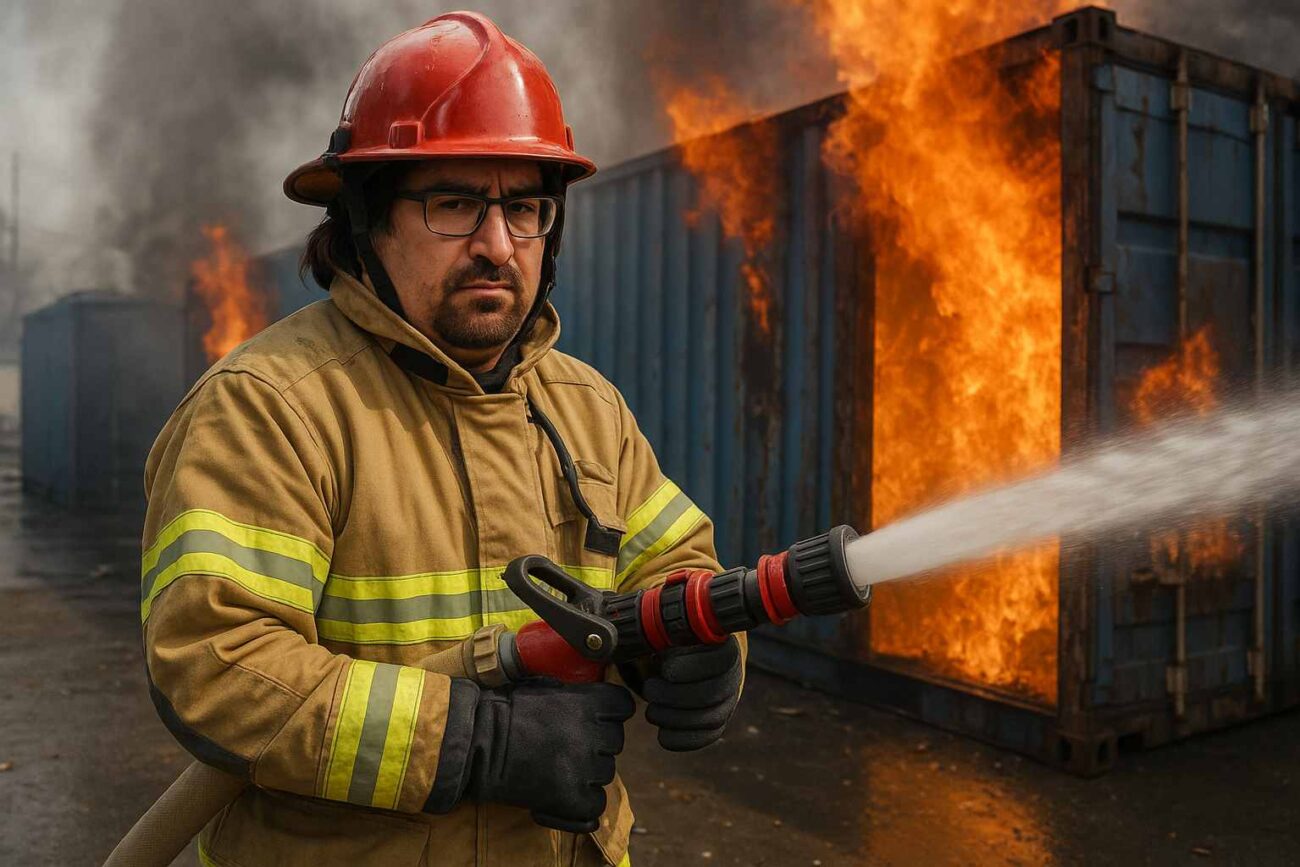For years, I wore my firefighting badge with pride. When systems broke, I jumped in. When incidents happened at 3 AM, I was on Slack before anyone else. When no one knew how to fix it… I did!. It felt good to be the “go-to person”. It felt necessary.
But over time, that pride turned into exhaustion. And worse: I realized I wasn’t just solving problems; I was creating dependency.
It took a while to admit it, but here’s the truth:
Firefighting was easier than mentoring. But mentoring is more powerful than firefighting.
Let me explain. Firefighting Feels Like Impact (Until It Doesn’t)
We all know the dopamine hit: PagerDuty alert. You’re in. You triage; you resolve. You post in Slack: “Issue fixed.” People thank you. You feel like a hero.
But here’s the hidden cost:
- You’re not scalable.
- You’re building silos.
- You’re preventing growth.
Even worse, you may be rewarded for this behavior in your org. People love heroes. But companies don’t scale on heroes, they scale on teams that learn, adapt, and recover without them.
What Changed for Me
The turning point came during a recurring incident with an on-prem BitBucket synced with a very old SVN. I knew exactly how to fix it and so had my teammate. I watched him hesitate, ping me, and ask:
“Can you jump in and take a look? I think it’s the same issue.”
It was the same issue. But more importantly, it was his opportunity to lead, and I took it from him.
That night, I didn’t log in. I waited. He handled it. It took longer, but it worked. And the next time, he helped someone else fix it even faster.
That’s when I realized: mentorship is multiplying impact. Firefighting is just compounding burnout.
What I Do Differently Now
I Let People Struggle. When someone is troubleshooting an issue or configuring a new system, I don’t rush in. I give context, not commands. I stay available, but I don’t take the keyboard.
I Normalize Not Knowing. Mentorship isn’t about having all the answers. It’s about showing people how to find them.
I Shift Recognition. When a junior engineer resolves an incident, I praise them publicly. That’s how confidence grows.
I still believe in being reliable. But now, I believe more in being replaceable.
True DevOps maturity isn’t just automation
It’s distributed ownership. Mentorship is how we get there.

